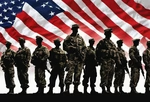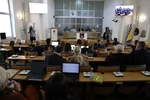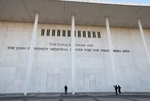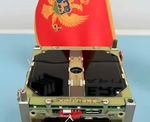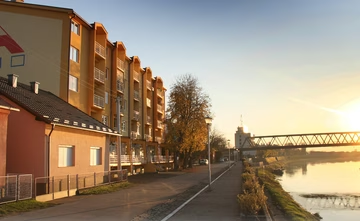RS minister announces formation of new police unit, prompts reaction in FBiH
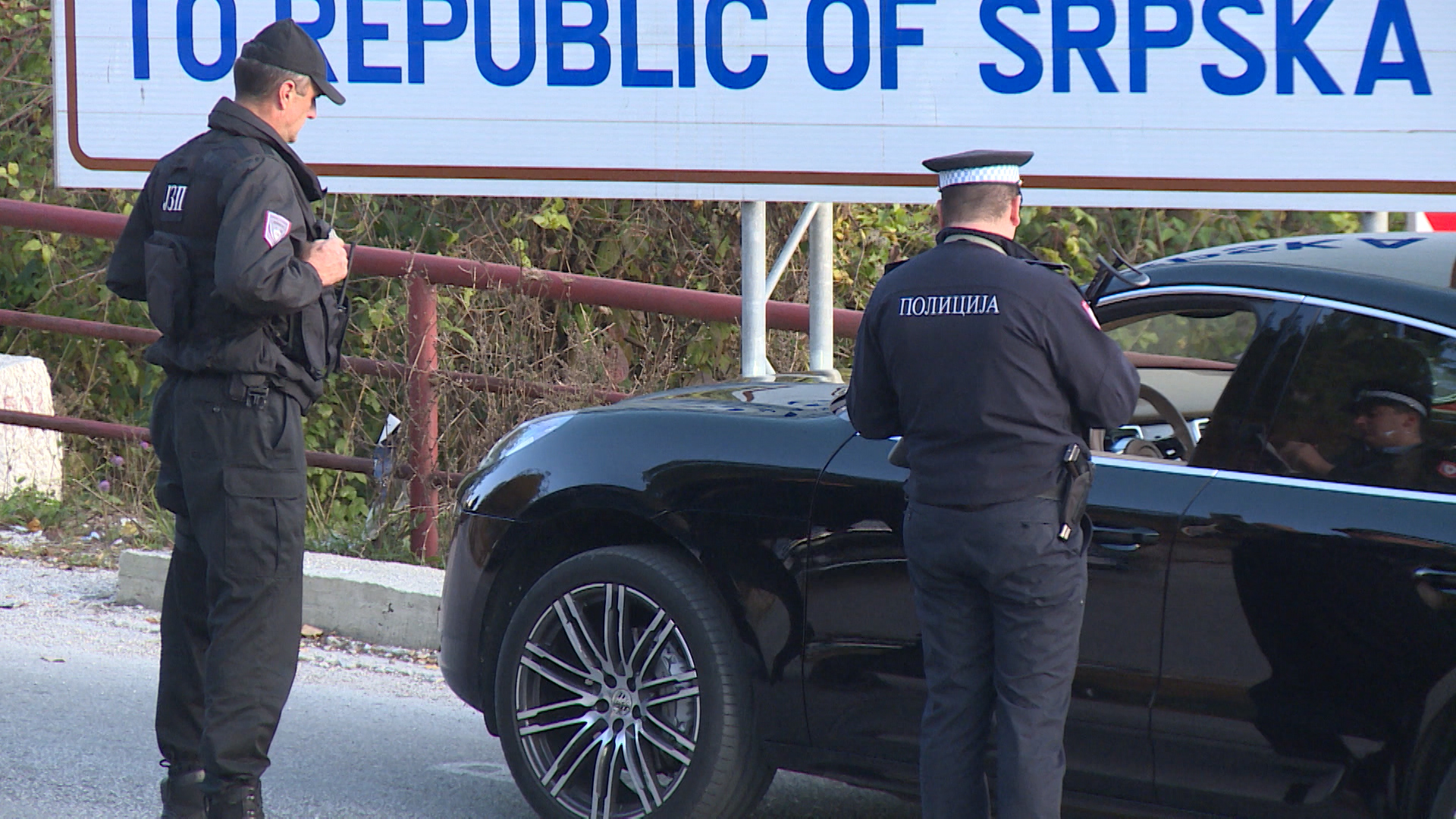
Internal Affairs Minister in Republika Srpska (RS), one of two Bosnia’s semi-autonomous regions, announced on Saturday it was necessary to introduce auxiliary police unit, which would respond to safety challenges such as migrant crisis, natural disasters or other situations where citizens are in need of help.
Oglas
“We must have good additional forces who would help to respond to safety challenges ahead of us, and which are not small. For that reason, we’re planning to introduce new forces who would be able to respond to the challenge to protect our citizens,” Minister Dragan Lukac told Srna news agency.
The unit would be composed of young people who would be summoned only when necessary, said the minister, adding that they would have the same competencies as active police officers engaged in police duties.
“First, we have to make it possible in the law to form the auxiliary police unit, and we will then successively work on getting people in,” he said.
Oglas
The announcement prompted a reaction in the Federation (FBiH) entity. The leader of the left-leaning Civic Alliance said the Peace Implementation Council (PIC), a body composed of foreign ambassadors who oversee the implementation of the 1995 peace agreement in Bosnia, should act and prevent the formation of this police unit.
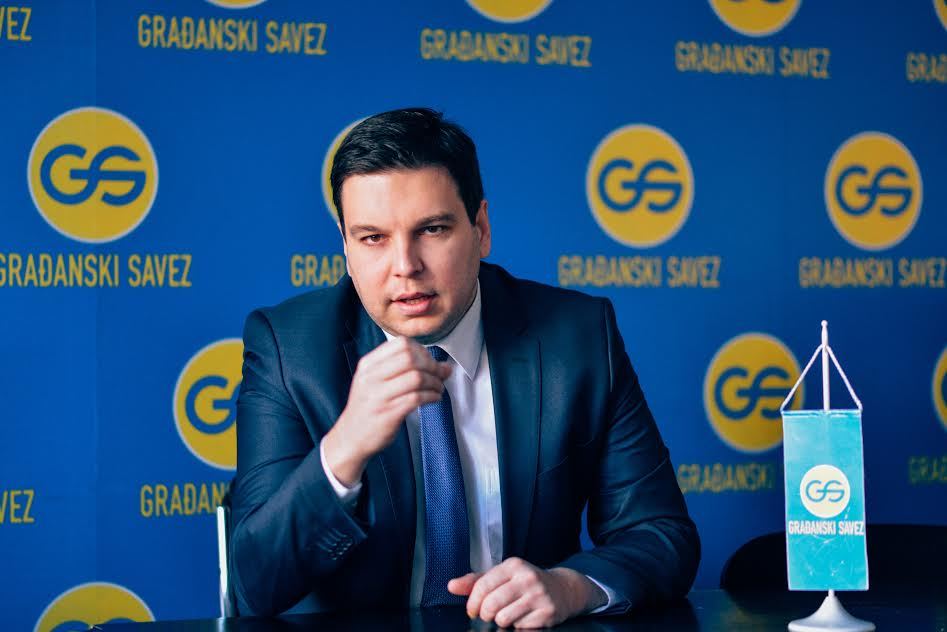
Otherwise, Civic Alliance leader Nihad Colpa said, the FBiH Ministry of Internal Affairs should immediately take the activities to form an auxiliary police unit, “in order to create balance and increase security in Bosnia and Herzegovina, which is possible only if there is a balance in all segment between those who support integral and stable Bosnia and Herzegovina and those who oppose such Bosnia and Herzegovina.”
After the 1992-95 war, Bosnia got divided into two semi-autonomous regions, Serb-dominated RS and FBiH which is shared by the Bosniaks and the Croats. Each entity has its own government, parliament and police. The police reform in 2008 supervised by the international community formed the state-level police forces but those in the two entities remained.
Kakvo je tvoje mišljenje o ovome?
Učestvuj u diskusiji ili pročitaj komentare
Oglas
Kakvo je tvoje mišljenje o ovome?
Učestvuj u diskusiji ili pročitaj komentare
Oglas





 Srbija
Srbija
 Hrvatska
Hrvatska
 Slovenija
Slovenija
















